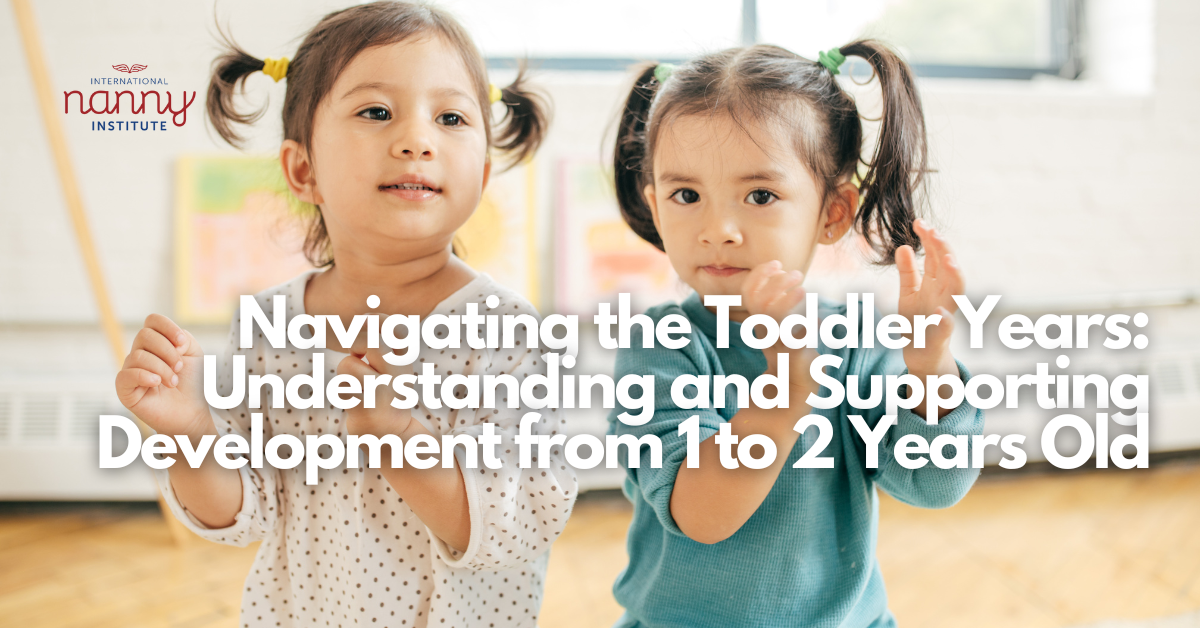Baby’s First Solid Foods: A Guide to Nourishing Development
Introducing solid foods is a significant milestone in a baby’s life, marking the beginning of their journey into the world of flavours and textures. As a caregiver, understanding the importance of this transition and being equipped with the knowledge to provide nutritious and age-appropriate meals is crucial. In this blog, we will delve into the realm of baby’s first solid foods, discussing their significance, the benefits they offer, and practical tips for a smooth and nourishing introduction to solids.
Why are First Solid Foods Important?

The introduction of solid foods plays a vital role in a baby’s growth and development, providing essential nutrients and building blocks for their overall well-being. Solid foods complement breast milk or formula by offering additional sources of energy, vitamins, minerals, and other essential nutrients, supporting healthy physical and cognitive development. This transition also nurtures the development of oral motor skills, such as chewing and swallowing, and fosters independence as babies explore new tastes and textures.
Benefits of Introducing Solid Foods to Babies
Introducing solid foods to babies opens up a world of benefits, both nutritionally and developmentally. Let’s explore some of these advantages:
Nutritional Variety
Solid foods provide a wider range of nutrients that may not be fully present in breast milk or formula alone. Offering a diverse array of fruits, vegetables, whole grains, and proteins helps babies receive the necessary vitamins, minerals, and macronutrients for their growing bodies.

Texture Exploration
Solid foods introduce babies to various textures, from smooth purées to soft chunks, encouraging them to practice chewing and developing oral motor skills. This exploration supports the progression from a liquid diet to a more diverse and varied eating experience.
Taste Development
Introducing different flavours early on can shape a baby’s taste preferences and increase their acceptance of a variety of foods later in life. By offering a range of wholesome ingredients, caregivers can help babies develop a diverse palate and a lifelong love for nutritious foods.
Independence and Self-Feeding
As babies transition to solid foods, they gain independence by learning to self-feed. This process fosters their fine motor skills, hand-eye coordination, and self-feeding abilities, promoting a sense of autonomy and self-reliance.

Social and Emotional Development
Sharing meals and exploring new foods with caregivers and family members creates opportunities for bonding, social interaction, and learning about mealtime routines. These experiences contribute to a baby’s emotional development and their understanding of social dynamics.
Practical Tips for Introducing Solid Foods to Babies
To ensure a smooth and successful introduction to solid foods, consider the following practical tips:
Timing
Most babies are ready for solid foods around six months of age when they can sit up with minimal support and show signs of readiness, such as the ability to hold their heads up and a diminished tongue-thrust reflex.

Food Selection
Begin with single-ingredient purées, such as mashed bananas, avocados, or cooked sweet potatoes, to introduce individual flavours and identify potential allergies or sensitivities. Gradually progress to combination purées and soft, age-appropriate finger foods.
Texture Progression

Start with smooth purées and gradually increase the texture as your baby becomes more comfortable. Offer mashed or finely chopped foods to encourage chewing and further oral motor development.
Safe Feeding Environment
Ensure a safe feeding environment by sitting your baby in an upright position and closely supervising them during mealtimes. Introduce small portions and monitor for any signs of choking or discomfort.

Allergen Introduction
Introduce common allergenic foods one at a time, such as peanuts, tree nuts, eggs, dairy, wheat, soy, and fish, following medical guidance to assess any potential allergies or reactions.
Consistency and Patience
Be patient and understanding as your baby explores new tastes and textures. It may take several attempts before they accept certain foods, so continue offering a variety of options to encourage their palate development.

As a dedicated nanny, you hold the power to shape the lives of the little ones in your care. By providing nourishing solid foods, you already contribute to their development. But why stop there? Enrol in Baby Care Essentials and gain the knowledge and skills to create an enriching environment.
Discover nutrition essentials, and age-appropriate activities, and foster healthy habits. Elevate your career, make a lasting impact, and celebrate the exciting milestones of a baby’s growth. Baby Care Essentials can help you embark on a fulfilling journey of nurturing, one bite and activity at a time.










